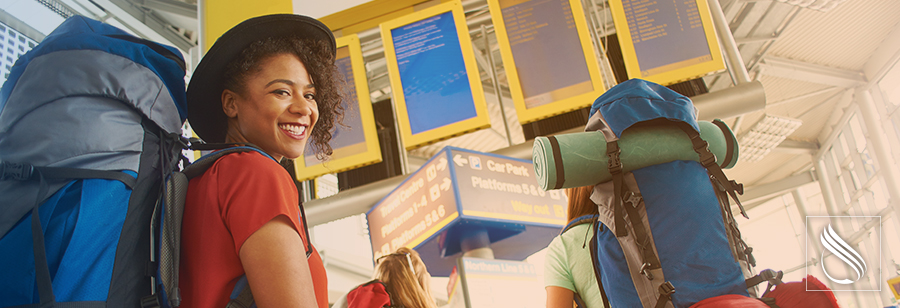Traveling to a different country is a once in a lifetime experience for many people. It’s an opportunity everyone should take. Traveling allows us to experience other places and cultures and meet new people, which is especially true when it comes to mission trips.
Many of us have experienced this opportunity as part of a high school or church mission trip, or an international camporee with the Pathfinder club. These trips are a great way to spread the love of Jesus to those in other areas, meet fellow believers from other countries, and grow together.It is the responsibility of ministry leaders to anticipate risks or emergencies that may cause interruptions to make sure trip attendees are focused on the task at hand. Planning is especially important when minors or young adults are among the participants. Mitigating risk and providing a secure environment for young people who are traveling to other countries is a vital part of the overall coordination.
Your Trip Planning Guide
There are a few essential elements to include as you plan for your ministry’s next international trip. These include:- Pre-trip preparation
- Documentation
- Supervision
- Appropriate Coverage
- Emergency Planning
Pre-Trip Preparation
A few important items need to be arranged before the trip. First, schedule an orientation date for the participants, and include parents of minors. The orientation meeting should cover the complete itinerary, essentials to pack, including examples of appropriate attire for the work or activities that will take place during the trip, emergency contact phone numbers, and any vaccinations or medications volunteers will need before departure,Provide an overview of the type of work the attendees will be doing, if any, and the unique skills or training necessary for the trip. Depending on where you will travel, it may also be necessary to warn attendees of drinking the local water or eating certain foods. Take time to review what to do in the event of an emergency, and who to contact.
Assemble a file with all of the necessary documentation for the trip. Items to include should be:
- Signed permission slips
- Consent to treatment forms
- Emergency contact for each attendee
- Allergies list
- Passport/ID information
- Emergency plans
Supervision: Getting There, Onsite, and Heading Home
For trips with young people and minors, supervision is an essential element of minimizing risk and preventing accidents. Plan for a sufficient number of staff and chaperones based on the number of minors who will be attending. Before the orientation meeting, each staff member must pass a background check and abuse awareness training. Additionally, several staff members must be trained in CPR, basic first aid, and concussion identification.Based on the types of work or activities that will occur on the trip, schedule time to train all staff for each area of work. This equips your team to provide the assistance required if a trip attendee needs help. For training specifics, connect with your trip contact at the work location for more information on what will occur and how to prepare.
For more information on supervision, see ARM’s Supervision Guidelines.


